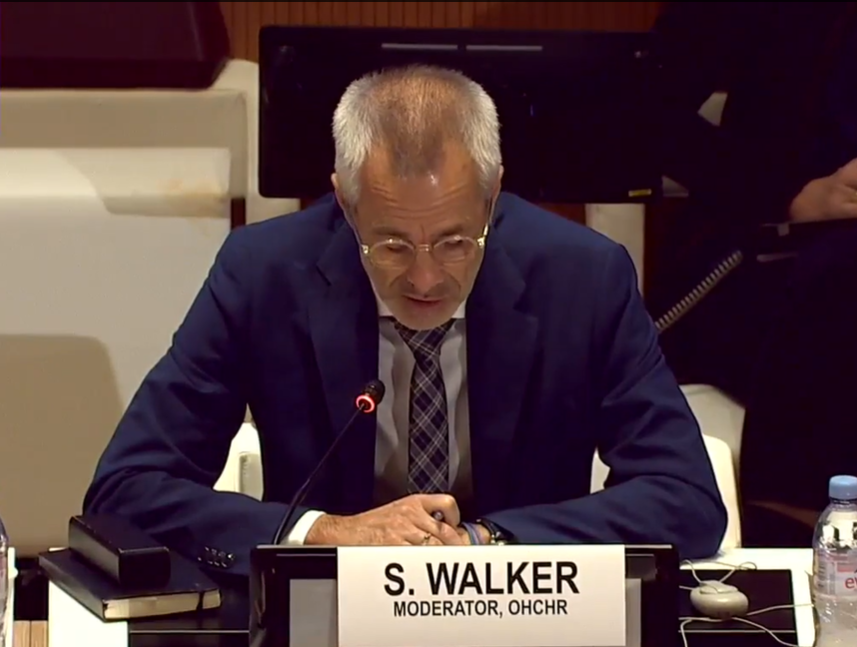Building on our many decades of work to ensure recognition and implementation of the right to conscientious objection to military service we welcomed the recent Office of the UN High Commissioner for Human Rights (OHCHR) workshop on this subject. This brought together stakeholders dedicated to ensuring protection of the right to conscientious objection including UN staff, civil society organizations, former judgers, and conscientious objectors (COs) themselves. This workshop was a pivotal moment in the ongoing effort to safeguard the rights of individuals who refuse military service based on their conscience. It resulted from a Human Rights Council resolution that QUNO worked closely on. A report drawing on this workshop and other inputs will be presented at the 56th session of the Human Rights Council in June 2024. The collective efforts of QUNO and our partners played a leading role in shaping these developments and we continue to prioritize a multistakeholder, collaborative approach when it comes to pushing for the right to CO to be respected, protected and fulfilled.
The OHCHR workshop served as a useful platform for discussing conscientious objection and its associated challenges. This discussion further enabled our efforts to identify and dismantle the barriers that hinder COs exercising their rights. We were glad to raise a question about how to tackle biases and assumptions about conscientious objectors that impact on the enjoyment of their rights.
QUNO collaborates closely with key Member States and with COs and advocates to develop shared strategies. One of the most significant milestones in this journey was the 2013 Human Rights Council resolution which marked an important substantive clarification of the right and underlined its global importance.
It was good to see the range of stakeholders at the workshop, importantly including COs themselves. QUNO seeks to ensure that our action on this topic is grounded in the lived realities of COs and guided by their priorities. To support this, Maria Kamenias’ attended the General Assembly of the European Bureau for Conscientious Objection (EBCO) in Cyprus the weekend before the OHCHR workshop. This gathering offered a valuable opportunity for us to discuss and further advance the cause of conscientious objectors in many countries.
In a world where peace and human rights are of paramount importance, the struggle for conscientious objectors' rights is ongoing and requires dedication and collaboration. QUNO's involvement in the OHCHR workshop and other international gatherings reinforces our work to ensure that conscientious objectors' rights are respected and upheld worldwide.







